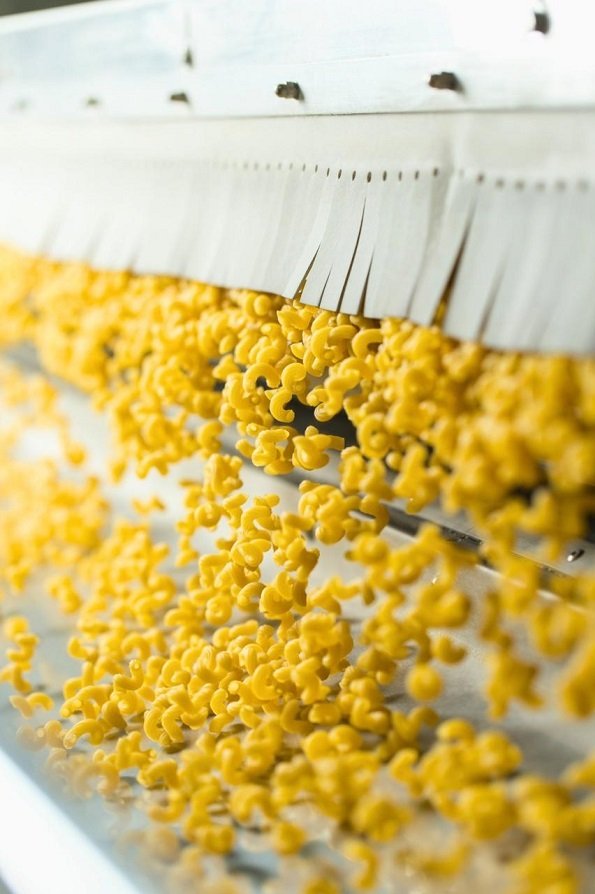In recent years, the popularity of homemade and artisanal pasta has surged, prompting both home cooks and commercial kitchens to explore efficient ways of producing fresh pasta. One essential tool that has revolutionized this process is the pasta making machine. Whether you’re crafting spaghetti, fettuccine, or ravioli, the right pasta machine can save time and elevate quality.
What Is a Pasta Making Machine?
A pasta making machine is a kitchen or industrial device designed to mix, roll, and cut pasta dough into various shapes and sizes. These machines vary in complexity—from manual crank devices used in home kitchens to large, automated models found in food manufacturing plants.
Types of Pasta Machines
- Manual Pasta Machines
Typically used by home chefs, these machines require hand-cranking to feed dough through adjustable rollers and cutters. - Automatic Pasta Making Machines
An automatic pasta making machine handles the entire pasta production process—from mixing the dough to cutting the pasta—without manual intervention. These machines are ideal for commercial settings and high-volume production due to their efficiency and consistency. - Industrial Pasta Machines
Used by large food manufacturers, these machines produce hundreds of kilograms of pasta per hour and often include features like drying units and custom pasta mold attachments.
Benefits of Using an Automatic Pasta Making Machine
- Efficiency: Produces large quantities of pasta with minimal labor.
- Consistency: Ensures uniform thickness and shape of pasta.
- Customization: Allows users to switch between various pasta types easily.
- Hygiene and Safety: Most machines are built from food-grade stainless steel, adhering to hygiene standards in commercial kitchens.
Choosing the Right Pasta Machine Manufacturer
Selecting a reliable pasta machine manufacturer is critical, especially for commercial buyers. Factors to consider include:
- Reputation and Reviews: Look for a manufacturer with proven reliability and positive client feedback.
- Customization Options: Leading manufacturers offer custom solutions tailored to specific production needs.
- After-Sales Support: Spare parts, maintenance, and training should be readily available.
- Compliance: Ensure the machine complies with local food safety and industry standards.
Top Uses of Pasta Machines
- Restaurants and Hotels: To provide fresh pasta on-demand.
- Pasta Boutiques: Artisanal shops producing and selling unique pasta shapes and flavors.
- Large-Scale Manufacturing: For packaging and selling pasta to supermarkets or for export.
Final Thoughts
Whether you’re a home chef or a large-scale producer, investing in the right pasta making machine can dramatically enhance your pasta-making capabilities. For high-volume needs, an automatic pasta making machine is the most efficient and cost-effective solution. When purchasing, always opt for a reputable pasta machine manufacturer to ensure quality, support, and long-term value.



